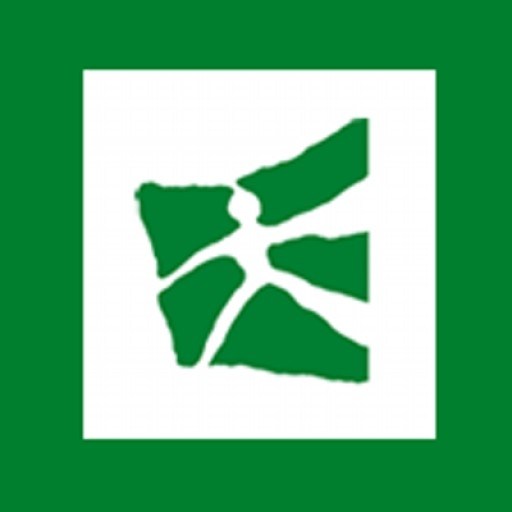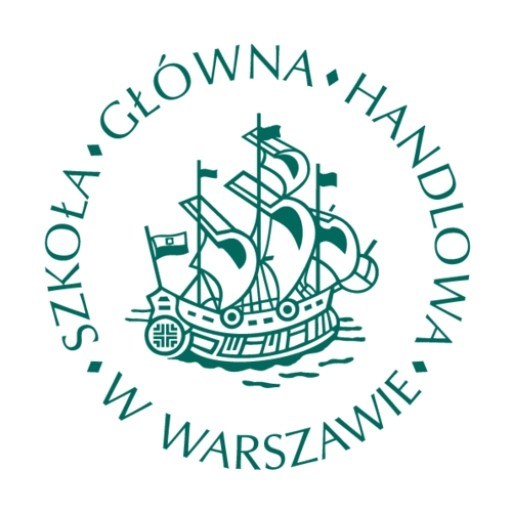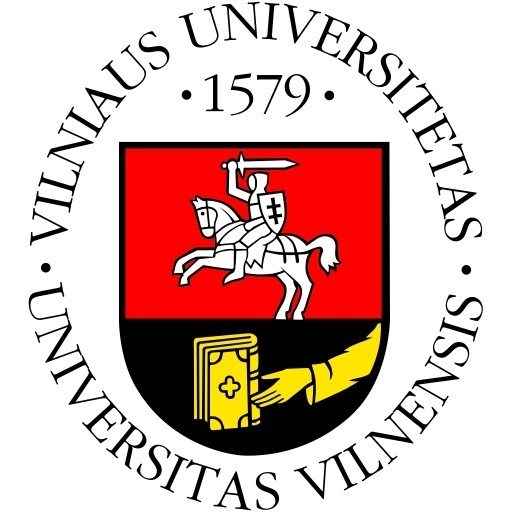Photos of university
The Bachelor of Science in Quantitative Economics at Bielefeld University offers a comprehensive interdisciplinary curriculum designed to equip students with strong analytical, quantitative, and theoretical skills necessary for understanding complex economic phenomena. This program focuses on developing rigorous mathematical and statistical competencies, combined with a solid foundation in economic theory, to prepare graduates for diverse careers in research, consulting, finance, and public policy. Throughout the course of study, students engage with a broad spectrum of topics such as microeconomics, macroeconomics, econometrics, game theory, and data analysis, allowing them to grasp the underlying mechanisms that drive economic decision-making and market behavior. The programme emphasizes the importance of empirical methods and data-driven analysis, fostering competencies in programming languages, statistical software, and modeling techniques essential for modern economic research. Interactive lectures, seminars, and project work provide practical experience, encouraging students to apply theoretical knowledge to real-world economic issues. Bielefeld University supports a collaborative learning environment, promoting critical thinking and independent research skills. The degree prepares students not only for advanced studies, including Master's and doctoral programs, but also for employment in sectors such as financial services, governmental agencies, international organizations, and private enterprises where quantitative skills are highly valued. With a strong international orientation, the program also emphasizes global economic challenges and European integration issues, offering students opportunities for international exchanges and internships. Graduates of the Quantitative Economics program at Bielefeld University will possess a versatile skill set that combines economic theory, quantitative analysis, and programming competence, enabling them to analyze and interpret complex data and policy problems effectively.
Educational organisation
First semester (winter semester):- Microeconomics 1: 7 credits, mandatory
- Macroeconomics 1: 7 credits, mandatory
- Probability Theory: 7 credits, mandatory
- Optimisation: 7 credits, mandatory
- individual options module: 2 credits, mandatory
Second semester (summer semester):
- Microeconomics 2: 7 credits, mandatory
- Macroeconomics 2: 7 credits, mandatory
- Econometrics: 7 credits, mandatory
- Optimisation and Dynamics: 7 credits, mandatory
- individual options module: 2 credits, mandatory
In their second year, students specialise in their chosen research field by attending in-depth lectures and seminars that will familiarise them with scientific issues and enable them to develop their own ideas on areas of specialisation for the research project which will form their Master's thesis in the fourth semester.
In each semester, students also attend supplementary courses (2 credits per semester). Here, they are free to choose any courses they wish and as the programme is entirely taught in English, there is no obligation to select German language courses. However, we recommend that students attend language courses or courses on intercultural competence in order to be able to integrate fully into life in Germany.
Internships
NoneForms of assessment
For each lecture course, two written exams, a mid-term exam and a final exam are scheduled. For seminars, there are different forms of assessment such as essays or oral presentations.Course objectives
With the Master's degree, students will be able to continue their studies at doctoral level on the one hand, or to apply this knowledge in practice in the private sector (banks, insurance companies, utilities) on the other. Students will acquire a considerable degree of competency with special emphasis on models and methods, which will allow them to be competitive on the international job market. The training involves the participation of professionals working in banks, insurance companies and utilities, which means that students have the opportunity to see how what they learn in theory is put into practice.Language requirements
Good knowledge of English is an essential requirement. Applicants whose first language is not English must submit an English test certificate (TOEFL [iBT] with at least 87 points or a TELC English with at least level B2 or a certificate equivalent to these). No English test is required of students who come from an English-speaking country or students who hold a diploma (high school, Bachelor's or Master's degree) from a university at which courses are taught in English.Academic requirements
Admission is based on academic excellence and it is mandatory for applicants to have a recognised Bachelor's degree (BA, BSc, etc.) or a degree at Bachelor's level (e.g. 180 ECTS credits in the European system). Any additional studies (second Bachelor's degree or graduate studies) should be mentioned in the application. Previous studies in quantitative economics are useful, but students with other backgrounds, especially with good mathematical training, are also welcome.Enrolment fees
Currently approx. 270 EUR per semester, including a ticket for public transport in the city of Bielefeld and the whole state of North Rhine-WestphaliaCosts of living
The following monthly costs can be expected: the rent in a student hall of residence, in private halls, rooms, or flats amounts to about 300 EUR per month; health insurance is about 80 EUR per month; and a meal in the students' canteen (Mensa) costs less than 3 EUR. According to lifestyle, about 150 EUR per month can be expected to be spent on food. So the cost of living amounts to approx. 670 EUR monthly, i.e. some 8,000 EUR per year.Job opportunities
Basically, international students are allowed to work parallel to their studies for 120 full days or 240 half days per year without a work permit once they have successfully completed preparations for their studies and started a course.A limited number of jobs are available at the university; however, jobs for students can also be found in companies in and around Bielefeld.
Funding opportunities within the university
The university society "Westfälisch-Lippische Universitätsgesellschaft" awards some part-cost grants for excellent international Master's students.http://www.uni-bielefeld.de/%28en%29/International/Students/degree/finanzierung/finanzierung.html
Arrival support
The International Office at Bielefeld University is the first place to go to if students have questions or need help. But even if they do not need any support, it is definitely worth stopping by to get information on the leisure programme and all the events that are organised for international students. More information can be found here: http://www.uni-bielefeld.de/(en)/International/Students/degree/index.htmlServices and support for international students
In addition to many services and facilities available to all students, the International Office offers a wide range of special services to help you to adjust to your new surroundings and provides you with continuing support that will enhance your learning.At the beginning of each semester a leisure day programme with a variety of activities is published to which all international students are invited: day excursions, weekend trips, journeys lasting several days, and evening meetings in the international contact centre.
The PunktUm project offers interdisciplinary assistance to international students for the acquirement of basic academic skills. Project offers are composed of individual counselling, workshops and courses with the following contents: academic writing, oral study achievements and scientific language for subject-related and interdisciplinary use.
Bielefeld University's "brother-sister-programme" is a personal tutoring programme for all foreign freshmen and participants in the German language courses. Students of all semesters and fields of study support newcomers to Bielefeld during their first semester in dealing with organisational difficulties and in other new situations.
In 1985, the Society for the Support for International Students was founded with the purpose of supporting international students and scholars/scientists of the Bielefeld academies and encouraging contacts and relationships with the people of the region.
Accommodation
In Bielefeld, a broad range of accommodation options can be found at affordable prices.There are 17 halls of residence run by the public "Studentenwerk" and private organisations. Additionally, single apartments as well as rooms in shared flats with other students are available. The rent for a room in Bielefeld amounts to about 180 to 300 EUR per month. The International Office supports students who are searching for accommodation.










